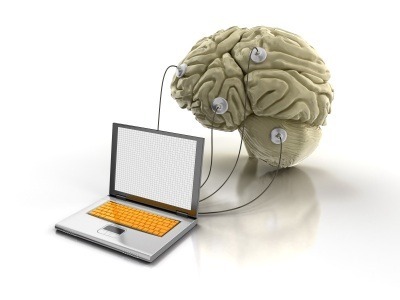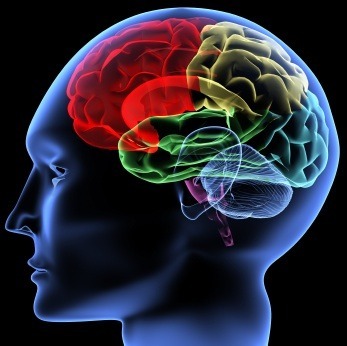Posts Tagged ‘cognitive remediation’
To treat depression, we will likely combine neuroplasticity-based brain training games with antidepressants
Computer Games Better Than Medication in Treating Elderly Depression (Live Science): “Computer games could help in treating older people with depression who haven’t been helped by antidepressant drugs or other treatments for the disorder…In a study of 11 older patients, researchers found playing certain computer games was just as effective at reducing symptoms of depression as
Read MoreMay Update: Brain Training in Mental Health Toolkits for Prevention and Rehabilitation
The use of a variety of brain training interventions is growing in the area of mental health. Emerging evidence suggests that in the near future targeted brain training may even be used to prevent substance abuse. For example, training working memory may reduce substance abusers’ discounting of long-term rewards and punishments — such discounting is…
Read MoreSchizophrenia Research is Leading the Way in Cognitive Remediation
As announced by the NIMH a few months ago, schizophrenia can now be considered as a brain disorder. Research is focusing on the cognitive deficits as the main problem of the disorder, probably preceding and perhaps leading to the symptoms of hallucinations and delusions. A recent article in the Psychiatric Times reviews the different cognitive…
Read MoreUsing Brain Plasticity to help Children with Learning Disabilities
Did you read The Brain That Changes Itself: Stories of Personal Triumph from the Frontiers of Brain Science, the great book on neuroplasticity by Norman Doidge? If so, you will have heard about the Arrowsmith School/ Program, which was also one of the Top Ten Finalists in 2010 Brain Fitness Innovation Awards. The following is…
Read MoreTechnology as the missing link to enable a brain-based model of brain care: interview with Dr. John Docherty
Dr. John Docherty is an Adjunct Professor of Psychiatry at the Weill Medical College, Cornell University, Director of Post Graduate Education there, and Chief Medical Officer of Brain Resource. Trained as a clinical research fellow in neuropsychopharmacology at NIMH, he later returned as Chief of the Psychosocial Treatments Research Branch, responsible for all federally supported…
Read MoreUpdate: Expo Day; Top 15 Articles of 2009
In this January issue of our eNewsletter, we will first brief you on the enlightening demos that will take place on Wednesday, January 20th, as part of the SharpBrains Summit, and then present the 15 most stimulating SharpBrains articles of 2009. Expo Day If you want to see and discuss the latest programs and technologies for…
Read More

